- Home
- slideshows
- miscellaneous
- How to help people who have the coronavirus, healthcare workers fighting the disease, people who have lost their jobs, businesses that have had to shut down, and more
How to help people who have the coronavirus, healthcare workers fighting the disease, people who have lost their jobs, businesses that have had to shut down, and more
You can provide support to local nonprofits that are directly working to help members of your community.

If you have money left over from a canceled event or travel plan, donate it instead.
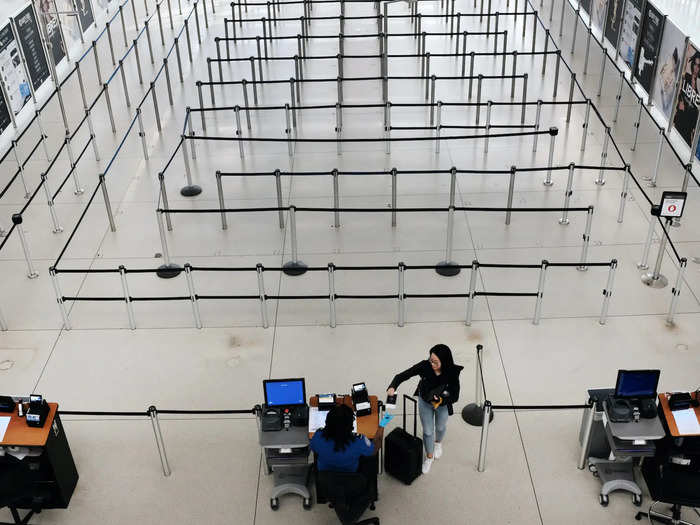
Since social distancing guidelines have taken hold, the COVID-19 crisis has put an end to most travel and events.
Carter suggested that if you had plans to travel or attend a concert, sporting event, or performance that was canceled, you should consider donating the money instead to a charitable organization.
That way you can allocate your funds to provide support to organizations and individuals without taking a dent away from your savings.
You could also donate the ticket price from a canceled performance or art event directly back to the artist, whose livelihood has likely been impacted by the cancelation.
You can help healthcare workers and hospitals by donating to charities that provide supplies and funding.
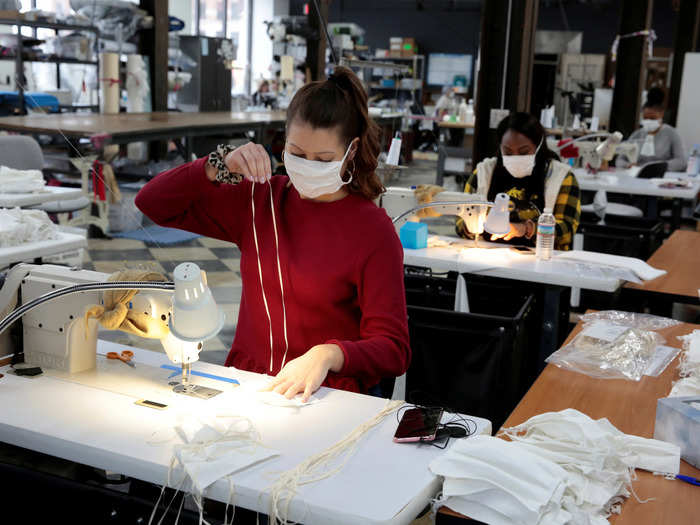
As the outbreak worsens in the US, many hospitals and healthcare workers have been drained of resources to help both patients and themselves. One way to help these institutions is through donating to charitable organizations that are specifically focused on providing medical support to people on the frontlines.
Charity Navigator has designed a coronavirus response page with a list of highly rated organizations that are dedicated to providing medical services, supplies, and community support for healthcare systems.
Some additional national organizations devoted to this purpose are listed below, with links to their websites.
If you have recovered from the coronavirus, you can donate blood plasma to help others who are infected. Those who have not had the coronavirus can also donate blood to help with a national shortage.
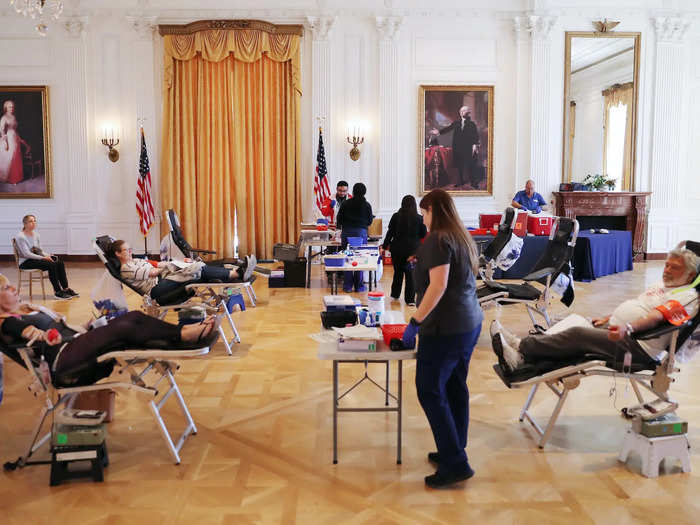
Donating blood is an important way to help hospital systems, and the US has seen a shortage of blood supplies during the virus outbreak.
Three dozen institutions around the country are now participating in the National COVID-19 Convalescent Plasma Project, which is seeking the plasma of recovered coronavirus patients in order to help people currently fighting the disease.
The idea is to extract antibodies from recovered patients and use them to help those who are critically ill fight the disease. Though this is not a cure, research is underway to see if it can be used to reduce the severity of the illness.
Also, healthy individuals who have not had the coronavirus can donate blood to help patients who may need transfusions for procedures like organ transplants, trauma accidents, or childbirth.
Thousands of blood drives have been canceled across the country amid the virus outbreak, causing a shortage in the blood supply. You can safely donate blood through the American Red Cross by signing up here.
Support local businesses through ordering take-out and buying merchandise from restaurants.
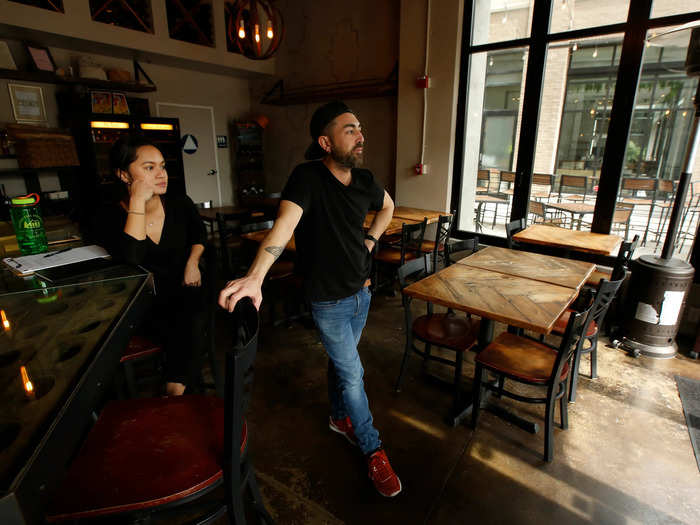
More than half of Americans have been told to stay at home and avoid going out except for essential purchases.
Such restrictions have taken a toll on bars, restaurants, and cafes across the country, as an increasing amount of shops have had to close their doors, or transition to take-out and delivery services only.
In order to keep your favorite places afloat, Insider's Anneta Konstantinides recommended you can do the following:
- Order delivery directly from the restaurant (avoid third-party apps such as Seamless or UberEats)
- Go directly to the restaurant and pick up a take-out order.
- Don't forget to tip workers.
- Buy gift cards or merchandise. Even if you can't use the gift cards now, it helps the restaurant greatly and will give you an excuse to go back as soon as the crisis slows.
- Research relief funds or campaigns that may be working to collect money for a specific restaurant, bar, or cafe in your community.
- Don't be afraid to support local businesses as soon as it's safe to dine out again.
Additionally, the Restaurant Workers Community Foundation is an organization dedicated to providing direct relief to individual restaurant workers and non-profit organizations serving restaurants. You can donate to them here.
Practice conscious consumerism at stores. Don't panic-buy, and don't hoard medical supplies (such as masks) that healthcare workers who are constantly exposed to the virus desperately need.
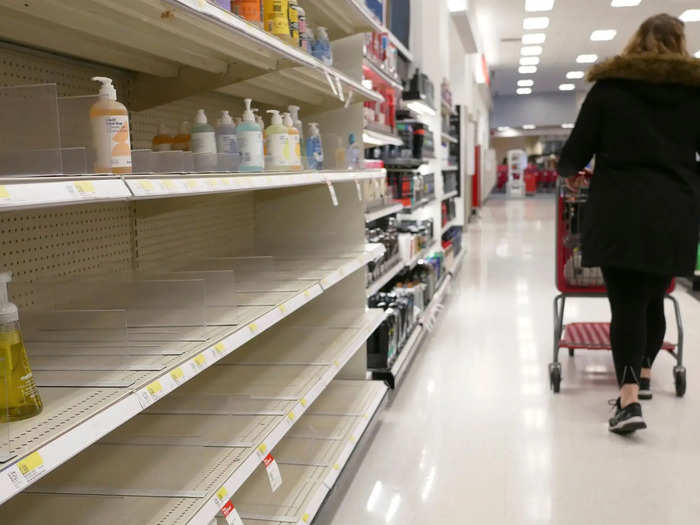
While the pandemic may feel nerve-wracking and apocalyptic at times, it's important not to panic when it comes to buying groceries and supplies.
Be mindful of how much food you're purchasing, and try not to take everything off the shelves. Purchasing an excessive amount of food just means limiting supplies for someone else.
Additionally, don't rush to panic-buy masks and protective equipment. The World Health Organization has warned that doing so can take important protective gear out of the hands of healthcare workers who are working on the frontlines, and exposed to the virus daily.
As the number of infections in the US increases, the White House is expected to suggest that even healthy Americans wear a protective cloth in public. For guidance on how to easily make your own protective face mask at home, look here.
If you are young and healthy, you can volunteer to safely run errands or deliver supplies to those who are elderly or immunocompromised.
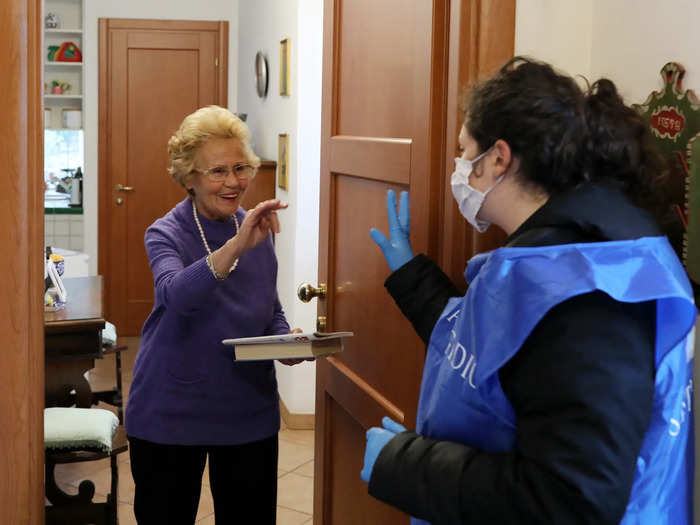
The coronavirus is known to be a greater risk to older individuals and those with pre-existing health conditions, causing many to fear going to grocery stores or pharmacies.
Community organizations have sprung up across the country that offer support and delivery services to at-risk individuals. In New York, the hardest-hit state in the US, healthy individuals can sign up to delivery groceries and medical supplies to at-risk community members through a service called Invisible Hands.
Additionally, AARP has a volunteer platform where local volunteers can offer to pick up groceries or provide emotional support to elderly individuals in their communities.
If you have an at-risk neighbor or loved one, consider offering to go to the store and run errands for them on a weekly basis.
It's also important to note that one of the most effective ways to help at-risk individuals is to follow social-distancing guidelines. Nursing homes across the country have barred outside visitations, and it's important to respect these rules and limit exposure to at-risk individuals.
Plus, there are still ways to virtually connect. Try introducing your elderly neighbors or loved ones to new technologies such as Zoom, WhatsApp, or online games so that they can stay connected in times of isolation.
The coronavirus outbreak is affecting everyone — think outside the box when looking for charities.
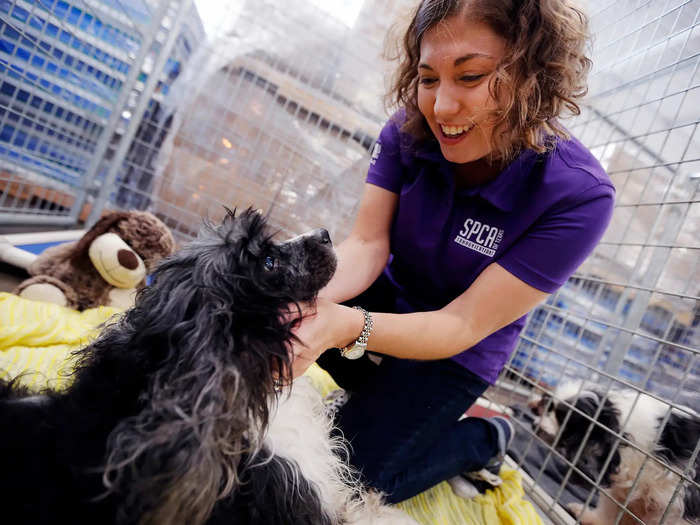
While it may seem like donating to organizations that provide relief to medical workers and patients is the most important thing during a global pandemic, the coronavirus outbreak is affecting nearly every walk of life, Carter explained.
Consider donating to charities that support domestic abuse, mental health organizations, art facilities, food banks, or animal shelters, for instance.
"Things that people often don't think about are domestic violence centers or shelters," Carter said. "Domestic violence peaks at these kinds of times, because abusers have higher stress and victims are unable to leave."
Carter also explained that animal shelters are experiencing issues with cutting back staff and canceling fundraising events throughout the country. To relieve this issue, the Humane Society of the US suggests fostering or adopting an animal, or providing financial support.
Carter said nearly every charitable organization could use support during the coronavirus outbreak, so its important to allocate your funds to organizations you feel passionate about.
Finally, stay inside and do your part to flatten the curve.
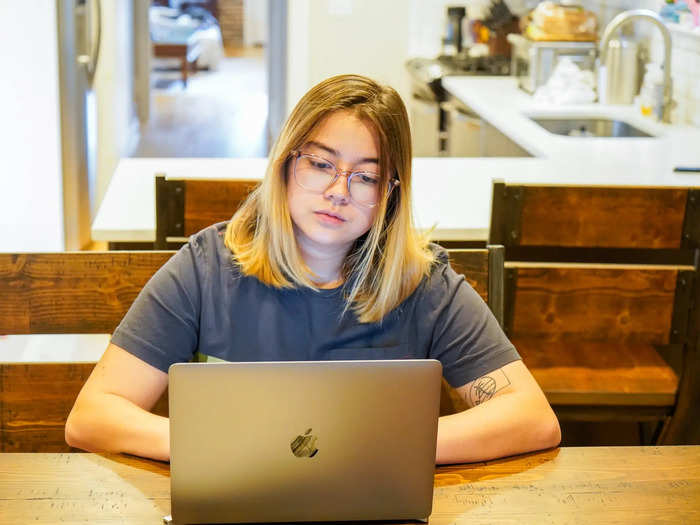
One of the most important ways you can help yourself and others during the COVID-19 pandemic is to prevent the spread of illness.
To do so, it's crucial to follow the CDC's guidelines:
- Wash your hands often with soap and water for at least 20 seconds.
- Avoid touching your eyes, nose, and mouth.
- Avoid close contact with people, and stay at home.
Over half of Americans are currently living under a lockdown order and are being told to stay at home. The coronavirus is thought to spread mainly from person-to-person, and research suggests that as many as 25% of people may have the virus and never show symptoms — but are still able to spread the illness.
This makes adhering to stay-at-home and social distancing guidelines crucial to prevent the spread of the virus.
We understand this may be difficult and against our very nature as social creatures, so we've also compiled some activities you can do at home to help pass the time and stay healthy:
Popular Right Now
Popular Keywords
Advertisement